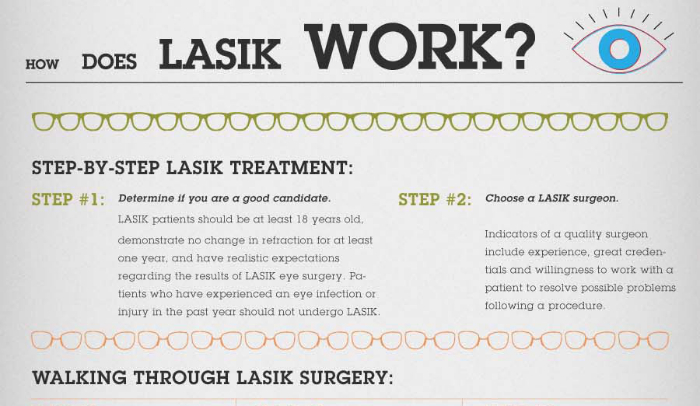A Caregiver'S Guide To Supporting A Loved One Through Cataract Surgery
A Caregiver'S Guide To Supporting A Loved One Through Cataract Surgery
Blog Article
Material By-Leonard Block
As a caregiver supporting a loved one facing cataract surgical procedure, your role is vital in ensuring their convenience and healing. From pre-surgery prep work to post-operative treatment, your presence and aid can make a substantial distinction in their journey. Comprehending the psychological and physical challenges they may run into, supplying functional help, and being their column of support are crucial elements in this procedure. Keep in mind, your function goes beyond just offering aid; it has to do with being a source of strength and comfort during a considerable phase in their life.
Recognizing Cataract Surgery Process
Checking out the steps associated with cataract surgical procedure can help ease any anxiousness or unpredictability you might have about the treatment. Cataract surgical treatment is a common and very effective procedure that includes getting rid of the cloudy lens in your eye and changing it with a clear man-made lens.
Before the surgery, your eye will be numbed with eye decreases or a shot to ensure you do not really feel any discomfort throughout the treatment. The doctor will make a small incision in your eye to access the cataract and break it up using ultrasound waves before meticulously removing it.
When the cataract is eliminated, the fabricated lens will certainly be inserted in its area. The entire surgical procedure commonly takes about 15-30 mins per eye and is typically done one eye at a time.
After the surgical treatment, you may experience some light discomfort or obscured vision, however this is normal and should improve as your eye heals.
Readying for Surgical Procedure With Each Other
To guarantee a smooth and worry-free experience, getting ready for cataract surgical procedure together can make a significant difference in your loved one's trip. Start by going to pre-surgery assessments with them. By doing this, you can ask inquiries, understand the procedure, and give emotional support.
Help them organize their pre-operative guidelines, drugs, and transport to and from the medical center. Ensure their home is ready for their recuperation by establishing a comfortable room with easy accessibility to important items.
Help mouse click the up coming website in arranging for post-operative care if needed, such as aid with meals or household tasks. Urge them to adhere to the physician's suggestions concerning fasting prior to surgery and drug methods.
Assure them that you'll be there for them every step of the method. By proactively joining the preparation procedure, you can minimize stress and anxiety and make sure that your liked one feels sustained and cared for during this important time.
Post-Operative Care Tips
After cataract surgical procedure, giving proper post-operative care is important for your loved one's recovery. Ensure they wear the protective shield over their eye as instructed by the medical professional. Help them carry out recommended eye declines and medications on time to avoid infection and aid healing.
Motivate your enjoyed one to avoid touching or rubbing their eyes, as this can lead to difficulties. Help them in complying with any limitations on bending, lifting heavy items, or joining exhausting tasks to prevent strain on the eyes. Make sure Discover More Here participate in all follow-up consultations with the eye doctor for monitoring development.
Keep the eye location tidy and completely dry, avoiding water or soap straight in the eyes. Encourage your liked one to wear sunglasses to protect their eyes from intense light and glare during the recovery procedure. Hold your horses and supportive as they recoup, using help with day-to-day tasks as needed.
Final thought
In conclusion, supporting an enjoyed one via cataract surgical treatment entails existing every action of the method, from pre-surgery preparations to post-operative care. Your emotional support, useful aid, and encouragement can make a substantial distinction in their recuperation procedure. By staying informed, arranged, and conscientious to their requirements, you can help guarantee a successful result and supply them with the comfort and reassurance they need during this difficult time.
